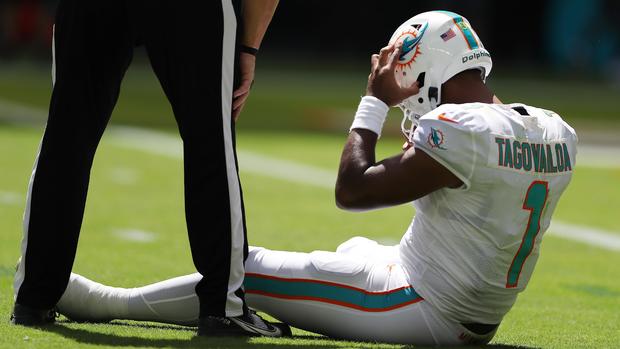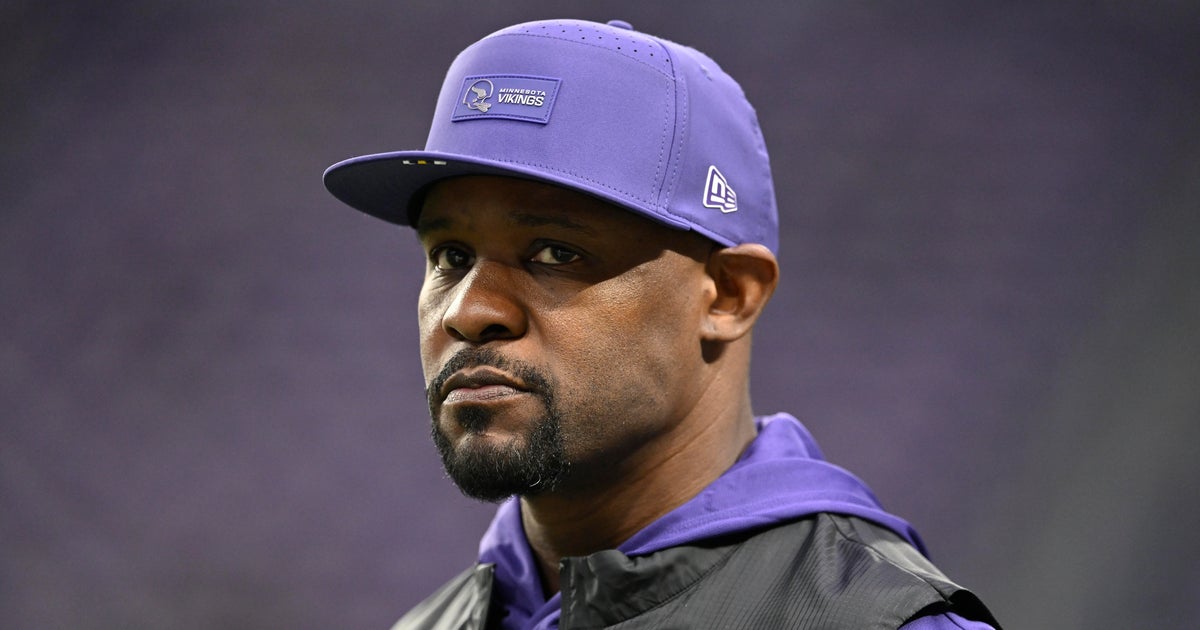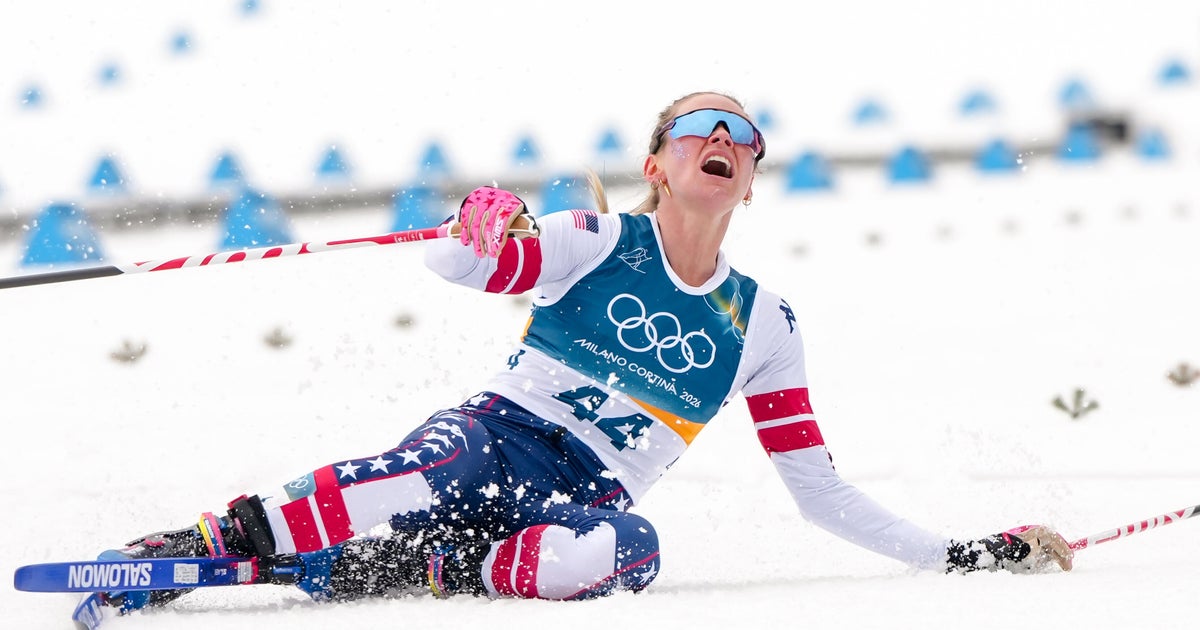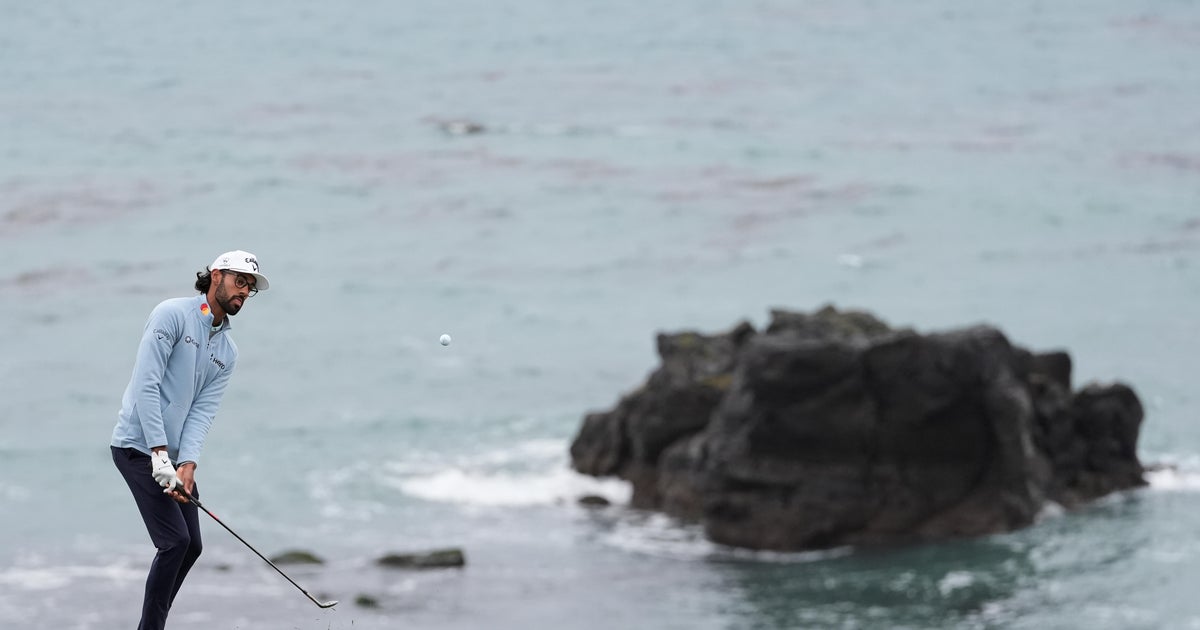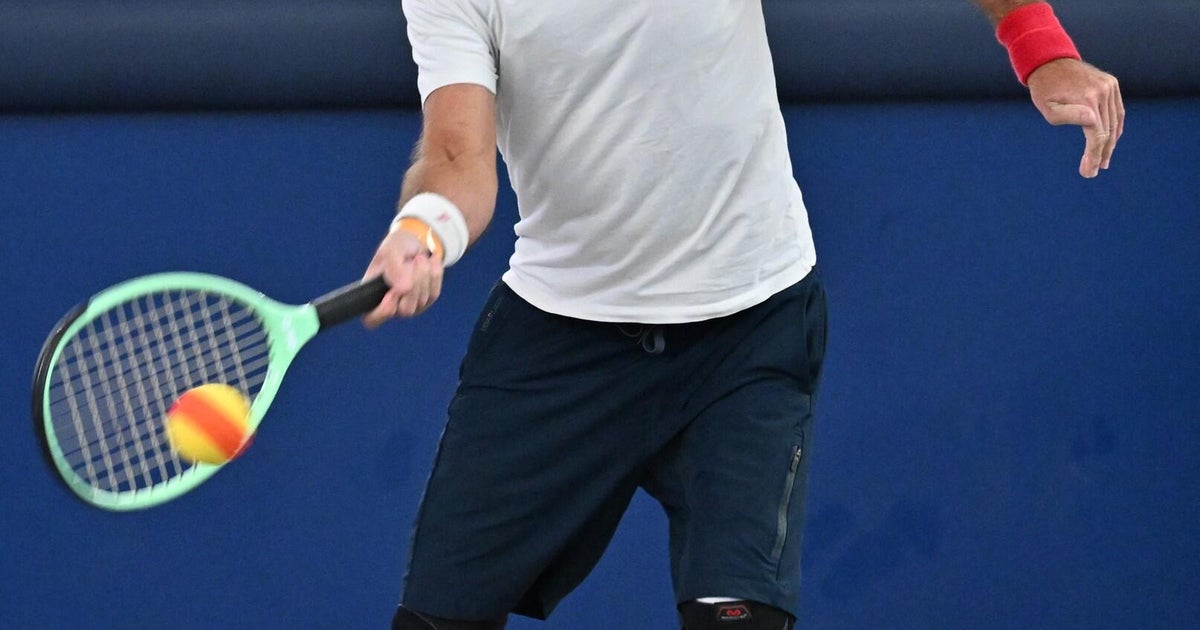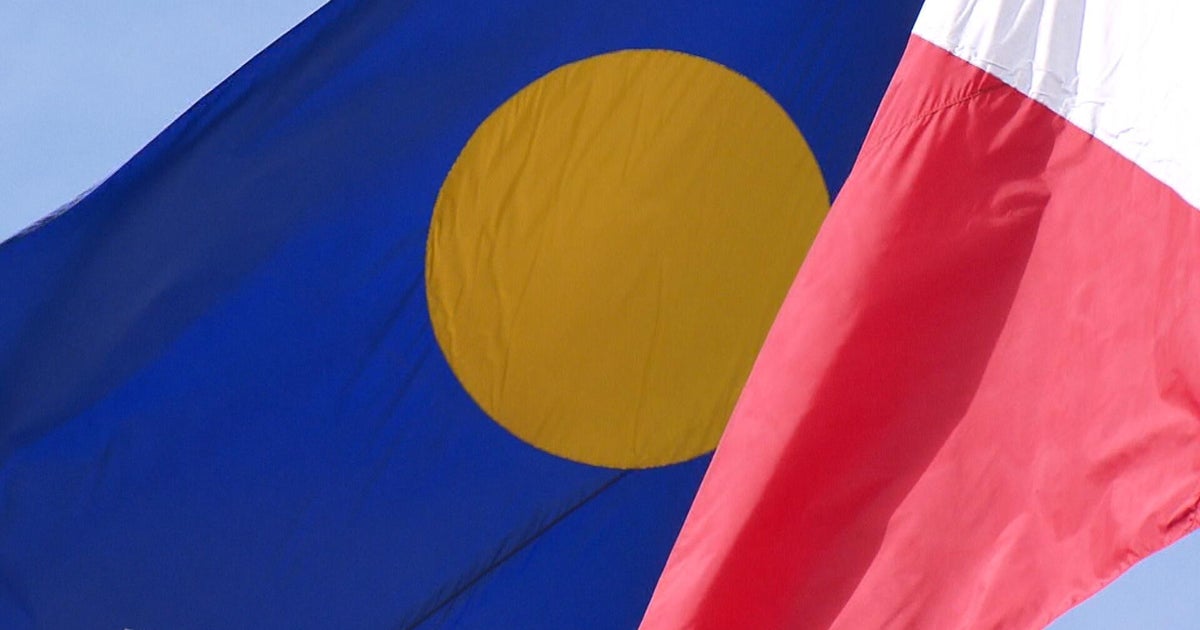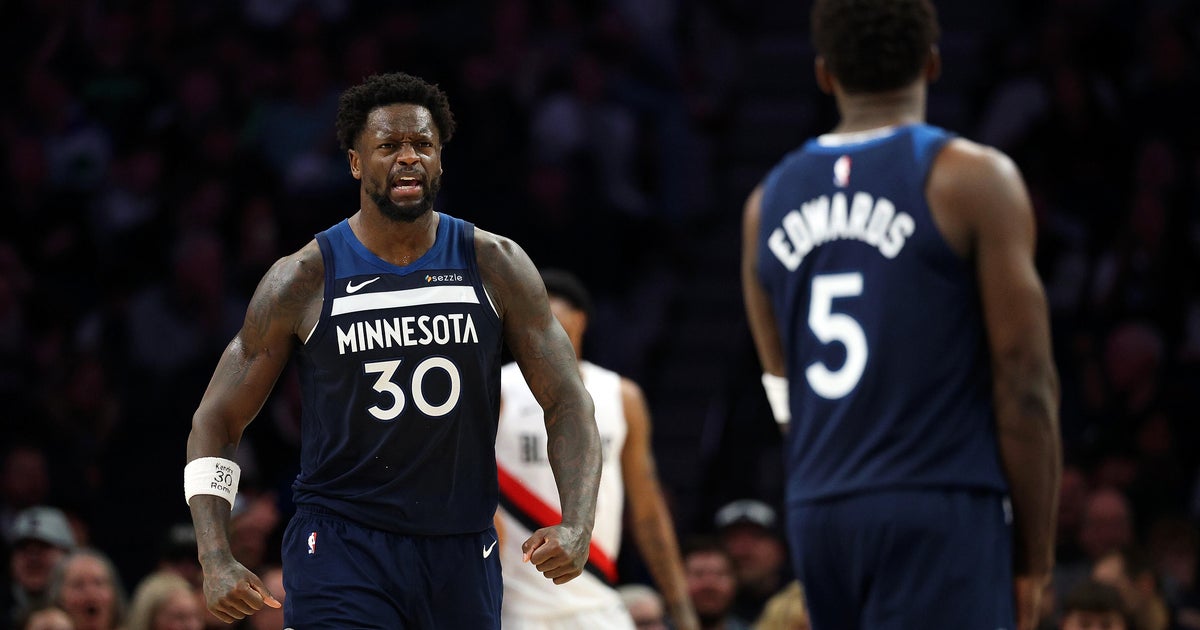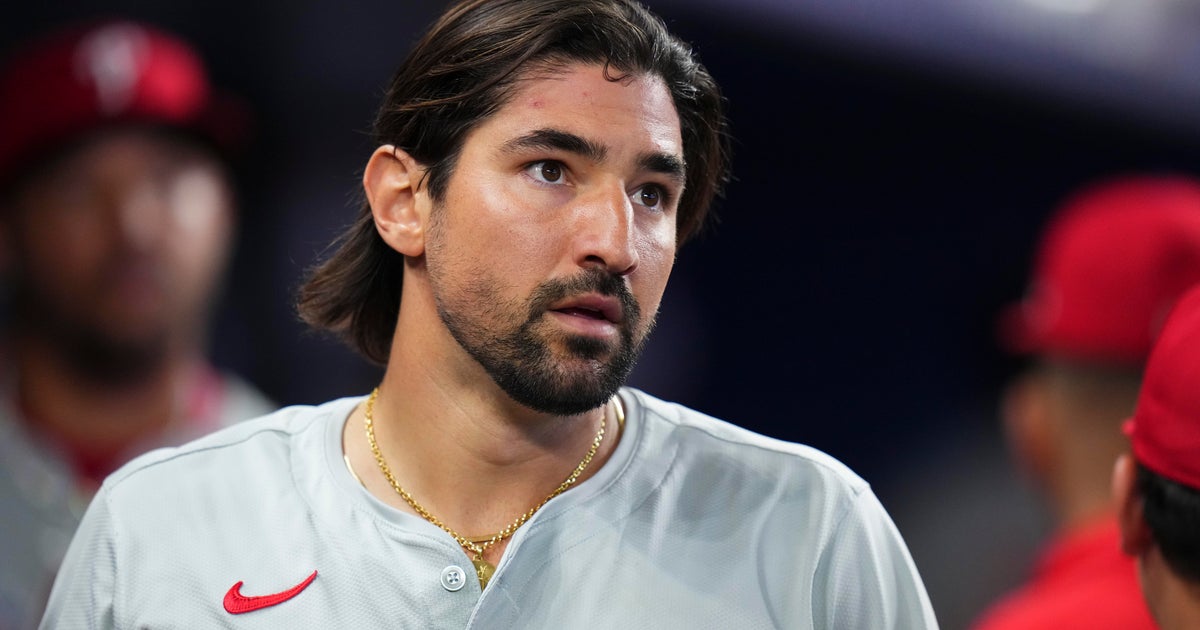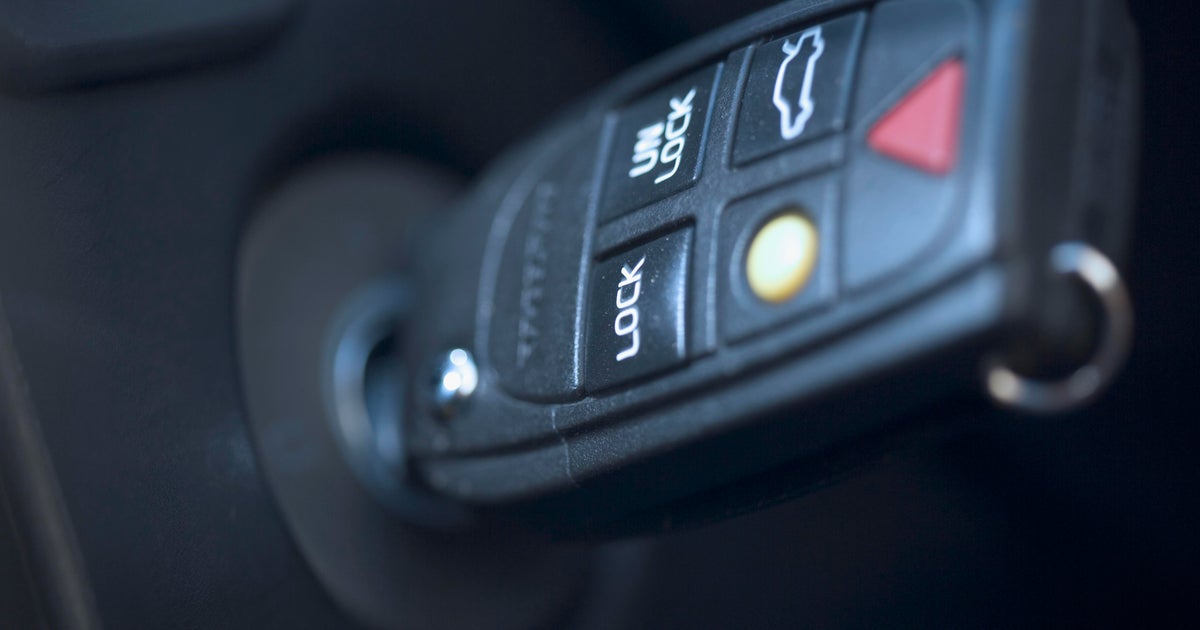Hurley: The Dolphins and the NFL failed Tua Tagovailoa
BOSTON -- We need to stop hiding behind the "I'm not a doctor" line. It's cowardly.
Most of us aren't doctors, no. But we're observant human beings. And we've seen enough head injuries in contact sports to know one when we see one. Last Sunday in Miami, we saw one. We saw Tua Tagovailoa's head slam hard against the turf. We saw him almost crumple to the ground a few seconds later. We were told it was an ankle and back injury for the quarterback.
We're not doctors. But we're also not stupid.
After smashing his head on the ground and feeling ... his back "lock up" on him, Tagovailoa immediately grabbed at his head, before stumbling to the turf and requiring assistance from his teammates just to stand.
The Dolphins saw this. The independent neurologist saw this. The world saw this. And yet, Tagovailoa was allowed to reenter that game for the first play of the second half, having missed just two minutes of game time.
Tua and the Dolphins and the NFL all avoided further disaster in that game, somehow. But just four days later, none of them were so fortunate.
In one of the more frightening scenes in recent sports memory, Tagovailoa once again hit his head on the ground. This time, his body experienced the fencing response, with his arms raising above his chest and his fingers pointing in various directions. This time, the Dolphins didn't have a choice in removing Tagovailoa from the game, as he was taken off the field on a stretcher and then transported to a hospital.
While Tagovailoa was discharged from the hospital in time to fly back to Miami with the team -- perhaps another instance of unnecessarily rushing into a situation -- the extent of the trauma he suffered can't exactly be measured. While studies and research on concussions and brain damage still face challenges in terms of various aspects being medically proven, the concept of Second Impact Syndrome dates all the way back to 1984. That is to say, the concept of a concussed athlete being vulnerable to suffering a second concussion after being placed in harm's way before recovering from a previous concussion is not new. And it's obvious.
Players with torn knees don't run routes four days after suffering their initial injury, yet for most of the history of sports, players with concussions have been rushed back into action. That culture has shifted significantly in the past, say, 20 years, but Thursday night might have set the movement back a decade.
Of course, the issue at hand is the lack of concussion diagnosis on Sunday, because Tagovailoa passed the tests given to him in the locker room at halftime on Sunday. The video of him falling over and being unable to stand on his own after slamming his head on the ground apparently became ... irrelevant. At least as far as the NFL's concussion protocol was concerned.
Dolphins head coach Mike McDaniel, though, doesn't see the two being connected.
"I don't think that an injury from last week made him fall the same way this week, you know?" McDaniel said after Thursday night's game.
McDaniel spoke to how he was affected emotionally by seeing Tagovailoa in his condition, which we can assume comes from a place of genuine compassion. But with the way McDaniel -- considered to be a completely different, refreshing change in terms of football coaches -- spoke about the situation, he sounded like ... every football coach ever.
"So the best news we could get is that everything has checked out, that he didn't have anything more serious than a concussion," McDaniel said.
He didn't have anything more serious than a concussion.
McDaniel obviously meant that it's fortunate that Tagovailoa didn't break his neck, or something along those lines. But he also minimized the severity of a concussion.
"It's some scary stuff," McDaniel added. "I'm just glad that it worked out."
I'm just glad that it worked out.
In what sense did things "work out"? That Tua's still alive? Conscious? That he can move? These are low bars to clear for something to have "worked out." But at least it wasn't anything more serious than a concussion, one supposes.
The feeling that Sunday's head hit had nothing to do with Thursday's injury is a bit archaic. There once was a time when such a concept could be passed along as plausible, like in 2011, when Boston Bruins team physician Dr. Peter Asnis suggested that the concussion Marc Savard suffered after absorbing some light contact happened on its own and was likely independent from the catastrophic concussion Savard had suffered the previous year.
That was more than a decade ago. In the present day, it didn't take retrospect to see how dangerous it could be for the NFL and the Dolphins to clear Tagovailoa to play in this game on Thursday night.
Chris Nowinski, the co-founder of the Concussion Legacy Foundation, tweeted this before the game: "If Tua takes the field tonight, it's a massive step back for #concussion care in the NFL. If he has a 2nd concussion that destroys his season or career, everyone involved will be sued & should lose their jobs, coaches included. We all saw it, even they must know this isn't right."
After Tua suffered the injury, Nowinski tweeted: "I hate that I am right. Two concussions in 5 days can kill someone. This can end careers. How are we so stupid in 2022?"
It's a fair question.
McDaniel was asked Thursday night if he had any regrets about the way the process of playing Tagovailoa played out this week.
"Absolutely not. Absolutely not. If I would have, that would be irresponsible in the first place and I shouldn't be in this position," McDaniel answered. "But yeah, I do not have any -- like absolutely zero -- patience for or will ever put a player in a position for them to be in harm's way. That is like, not what I'm about at all. And no outcome of a game would ever influence me being irresponsible as the head coach of the football team."
On Monday, a day after Tagovailoa reentered the game after stumbling to the ground shortly after slamming his head on the ground, McDaniel said this: "There's certain things I'm very sensitive to. I've been called emotional from time to time, and of those things is player health. So I don't mess around with that -- at all."
Again, even if we assume McDaniel is being genuine, the actual timeline of events would beg to differ with the claims.
Now imagine what the week would have been like if Tagovailoa had a coach who wasn't very sensitive to player safety and who would put a player in position to be in harm's way.
That's probably the reality for many, if not most, NFL players. And it's why Patriots pass rusher Matthew Judon tweeted this after witnessing Thursday night's scene:
Judon is not a doctor. Again, we are not doctors. Hall of Fame tight end Tony Gonzalez, though, took that idea to the extreme, telling the Amazon postgame panel, "We don't have diplomas." That was a panel that included Harvard's Ryan Fitzpatrick and Stanford's Richard Sherman, and it was a panel that included more than 850 NFL games of experience among the four players speaking on the matter. They did not go to medical school, but they've been around football long enough to know what they witnessed.
We are not doctors. But we're not giving ourselves enough credit if we can't trust what our eyes are telling us.
No matter which tests Tagovailoa cleared on Sunday and throughout the week, that video still existed. The evidence of a traumatic brain injury was still present. Seemingly, it was ignored.
We're not doctors, no, and we're also not soothsayers, so we don't know how Tagovailoa will be -- in the short term or the long term. But we're humans, and we're all smart enough to see that everybody involved in putting Tagovailoa in the middle of a tackle football game on Thursday night failed him.
You can email Michael Hurley or find him on Twitter @michaelFhurley.
